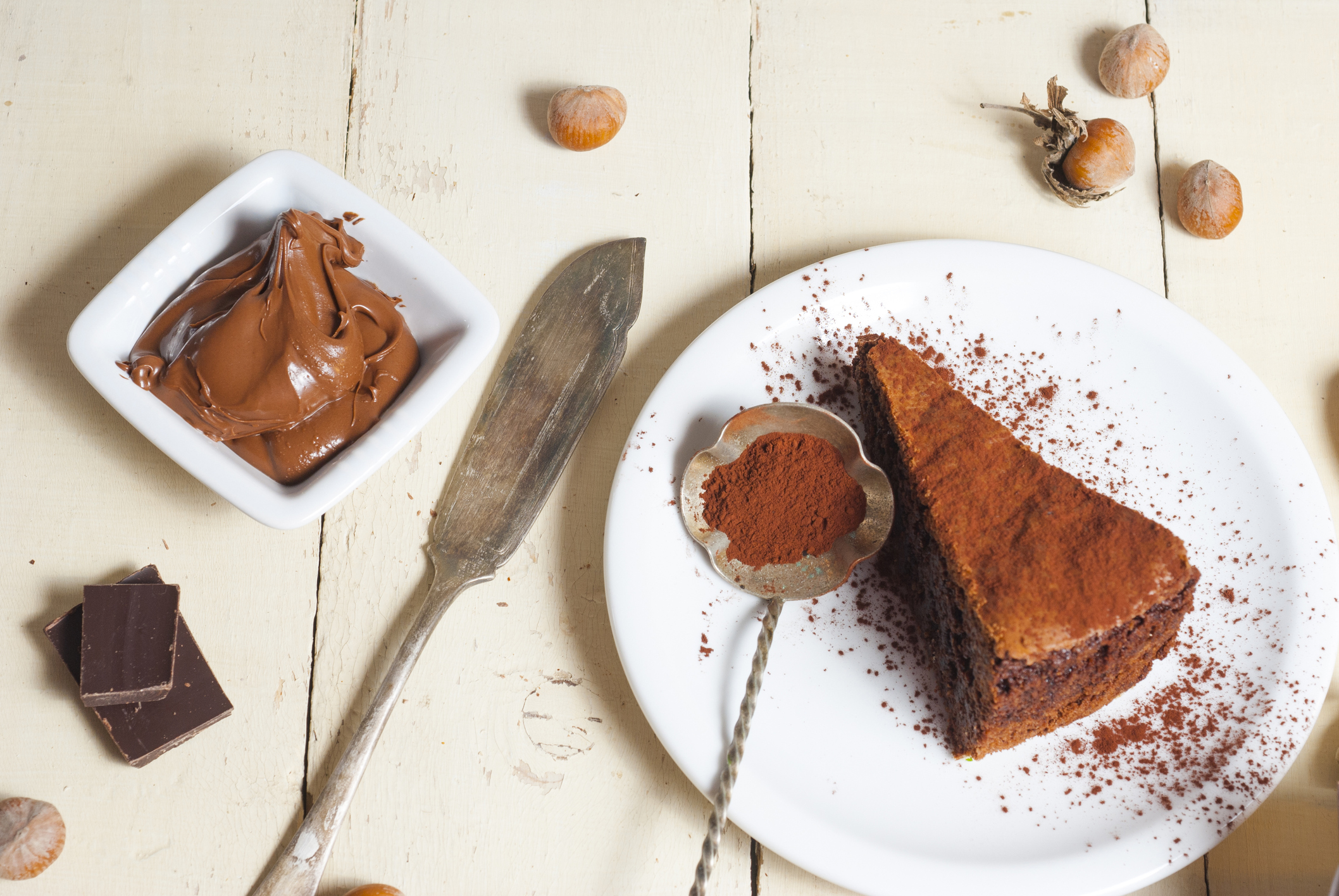Researchers develop low-calorie sweetener which could improve gut health

A team of scientists have identified a new low-calorie sweetener which could be beneficial to gut health.
The sweetener consists of a mixture of galactooligosaccharides (GOS) and modified mogrosides coming from Chinese monkfruit.
GOS are prebiotics and low-calorie sugars which can be produced from lactose in mammalian milk. As they don’t have the same sweetness as table sugar however, they could not be used as sugar alternatives on their own.
Researchers found that combining GOS with mogroside V, the main sweetener found in monkfruit, could help solve this issue as magrosides are 200 to 300 times sweeter than table sugar, according to the report.
The study also notes that monkfruit mogrosides have health benefits, as they contain various antioxidant, hypoglycaemic, hepatoprotective, immunologic and anti-inflammatory qualities.
Monkfruit has become a popular ingredient in sweet food and beverage products recently, being used by Capri-Sun to develop its new non-HFSS reformulated juice drink, which now has 40% less added sugar in each pouch.
Some monkfruit mogrosides contain ‘off-flavours’ like a bitter or metallic taste, however the report suggests that the application of enzymes could be used to improve the overall taste.
When researchers combined mogroside V with lactose and fungal β-galactosidases enzymes, they were left with a mixture containing a large amount of GOS and some modified mogrosides.
The mixture was then tested by a trained sensory panel, which reported it had a similar sweetness to sucrose.
The researchers said in the report: “These substrates could be considered as novel candidate prebiotic sweeteners, foreseeing a feasible and innovative approach targeting the sucrose content reduction in food.”
Sugar has been known to cause a variety of diseases, including cardiovascular disease, diabetes, obesity, several forms of cancers and gastrointestinal infections. Since 2015, the WHO, the Scientific Advisory Committee on Nutrition and the Dietary Guidelines Advisory Committee have all called for sugar consumption to be reduced so it makes up less than 5 to 10% of the daily energy intake.
As a result, artificial sweeteners have grown enormously in popularity. A range of animal studies however have criticised some sweeteners for not being that much healthier than the sugar they aim to replace. Some of the more serious concerns are that such sweeteners could cause weight gain as well as bladder cancer and brain tumours.
The development of this new sweetener from natural sources may be a suitable alternative in the sweetener market in the future.
According to the study, “This new ingredient could provide health benefits when evaluated in human studies by combining sweetness and prebiotic fibre functionality.”
The findings were published in the Journal of Agricultural and Food Chemistry, by a team of scientists from research centres in Madrid, Spain, La Pampa, Argentina, and York and Reading in the UK.
The research has been funded by the Spanish government, the European Union’s Horizon 2020 research funding scheme, and UK-based Optibiotix Health.








